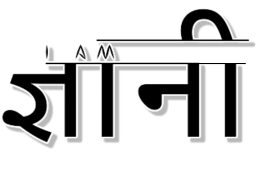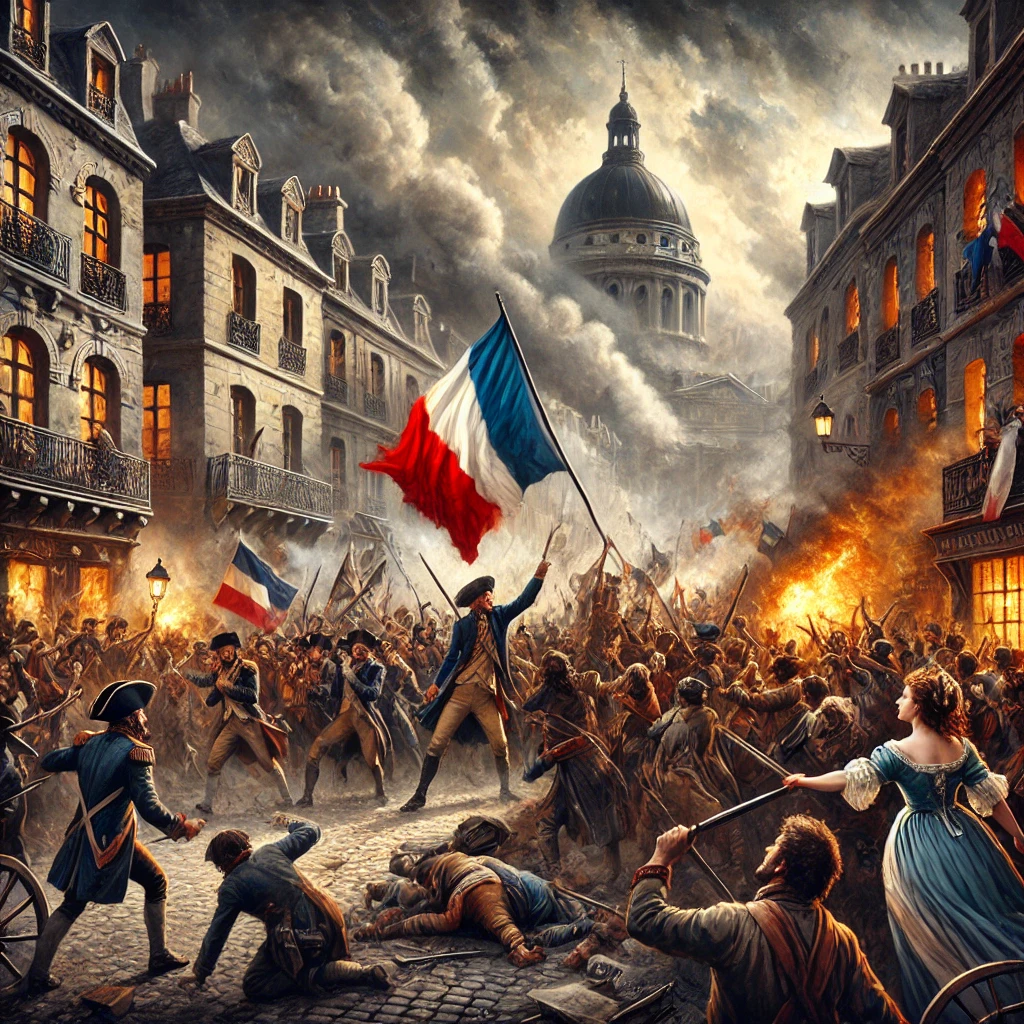The French Revolution was a period of radical social and political upheaval in France from 1789 to 1799. Inspired by liberal and radical ideas, Its overthrow of the Monarchy influenced the decline of absolute Monarchies in other parts of Europe.It had far-reaching effects on not only France but also on the rest of Europe and the world. Here’s an overview:
Causes
- Economic Crisis: France faced financial difficulties due to costly wars (such as the Seven Years’ War and the American Revolutionary War), extravagant spending by the monarchy, and a regressive tax system that heavily burdened the common people while the nobility and clergy enjoyed exemptions.
- Social Inequality: French society was divided into three estates, with the clergy and nobility enjoying privileges such as exemption from most taxes, while the commoners faced heavy taxation, feudal dues, and lacked political representation.
- Enlightenment Ideas: The Enlightenment, an intellectual movement of the 18th century, promoted ideals such as liberty, equality, and fraternity. Enlightenment thinkers criticized the existing social and political structures, advocating for reforms that challenged the authority of the monarchy and the church.
Key Events
- 1789: The Estates-General, a representative assembly that included representatives from each estate, convened in May. The Third Estate, representing the commoners, demanded more representation and eventually declared itself the National Assembly, signaling the beginning of the revolution. The storming of the Bastille on July 14, 1789, was a symbolic event that marked the revolt against royal authority.
- 1791: The National Assembly adopted the Constitution of 1791, establishing a constitutional monarchy and limiting the powers of the king.
- 1792: France declared war on Austria and Prussia, leading to the fall of the monarchy and the establishment of the First French Republic. The radical Jacobins, who advocated for a republic and social reforms, gained power.
- 1793-1794: The Reign of Terror, led by the Committee of Public Safety and Maximilien Robespierre, saw the execution of perceived enemies of the revolution, including King Louis XVI and many others, as well as mass repression of dissent.
- 1799: Napoleon Bonaparte, a general, staged a coup d’état and eventually became First Consul, effectively ending the revolutionary period.
- Understanding the U.S. Presidential Election System

- Understanding the Financial Market: A Comprehensive Guide

- Narendra Modi

- MONSOON IN INDIA

- Kolkata: A Tapestry of History, Culture, and Innovation

- India-US Relations: Bridging Cultures and Economies

Impact
- End of Monarchy: The revolution abolished the absolute monarchy in France and led to the execution of King Louis XVI, symbolizing the end of the old regime.
- Rise of Napoleon: Napoleon Bonaparte emerged as a key figure during the revolution, eventually seizing power and establishing himself as Emperor of France. His military conquests and reforms shaped Europe for decades.
- Spread of Revolutionary Ideas: The French Revolution inspired similar movements and uprisings across Europe and the world. It influenced the rise of nationalism, democracy, and the demand for individual rights and freedoms.
- Legacy: The revolution’s ideals of liberty, equality, and fraternity became foundational principles of modern politics, influencing subsequent revolutions and reforms worldwide. Despite its complexities and contradictions, the French Revolution remains a pivotal event in Western history







